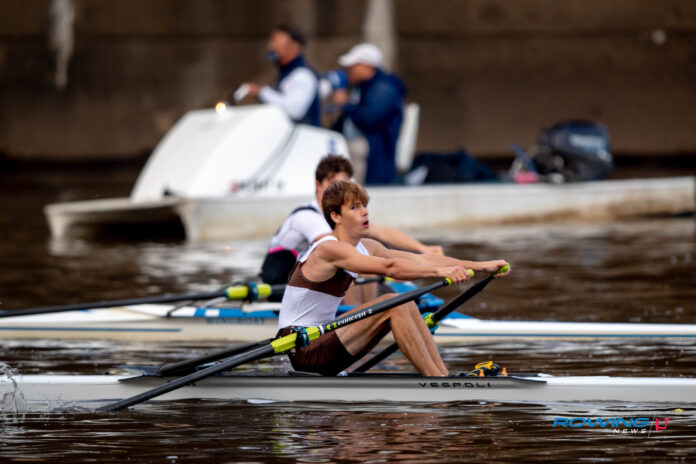STORY BY BILL MANNING | PHOTO BY ED MORAN
To continue reading…
Register for free to get limited access to the best reporting available.
Free accounts can read one story a month without paying.
Register for free
Or subscribe to get unlimited access to the best reporting available. Subscribe
To learn about group subscriptions, click here.
Already a subscriber? Login
The old adage that the only stupid question is the one you don’t ask doesn’t always apply when speaking with college coaches. Your questions tell the coach something about you. Good questions are the ones that speak to your specific concerns, communicate your sincere interest in the team, and are best addressed by a coach. The worst questions are the ones that show you don’t really care, like asking for information you can find readily on the program website.
In many instances, you will want to go to the student-athletes themselves with your questions rather than the coaches. They are more likely to speak the unvarnished truth, while the coach will be motivated to paint the program in the best light.
It’s also important to know your place. Most college coaches are turned off when a 17-year-old asks, “What’s your coaching philosophy?” You’re not interviewing the coach for a job and you’re certainly not ready to answer a question about your rowing philosophy, so stick to the basics and use your powers of observation to see what the coach believes.
College coaches want prospects to take the initiative and lead their own college search. Prospects should communicate with the coach. Parents do, however, have an important role in the process, particularly when the talk turns to finances.
Often, prospects are interested most in how recruiting works at a particular school. They want to know if they can get a scholarship and/or if a coach can “support” their application with admissions colleagues. These are valid concerns. But would-be college rowers need to show coaches why they deserve a scholarship and their support before asking whether or not they’ll get it.

